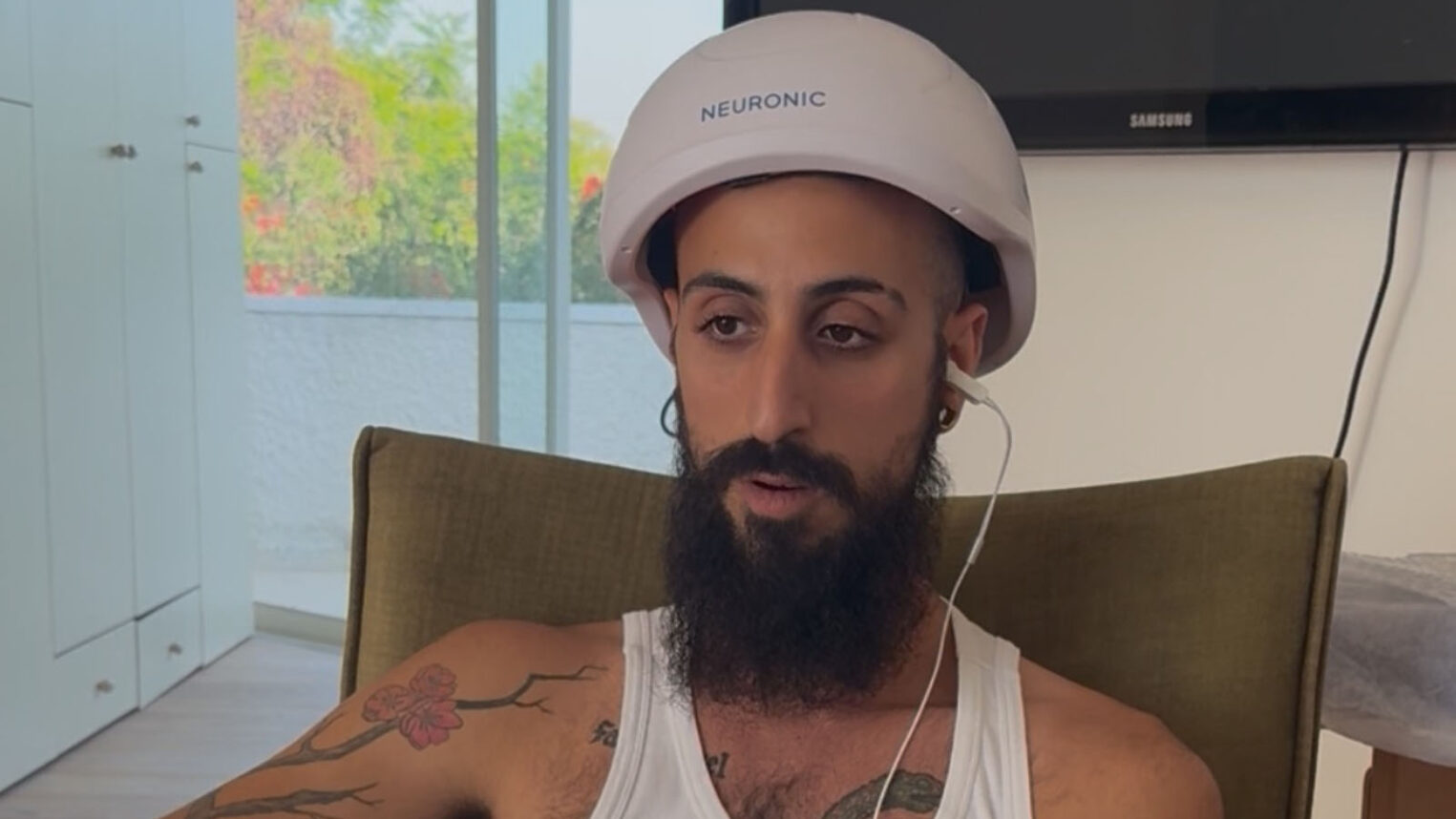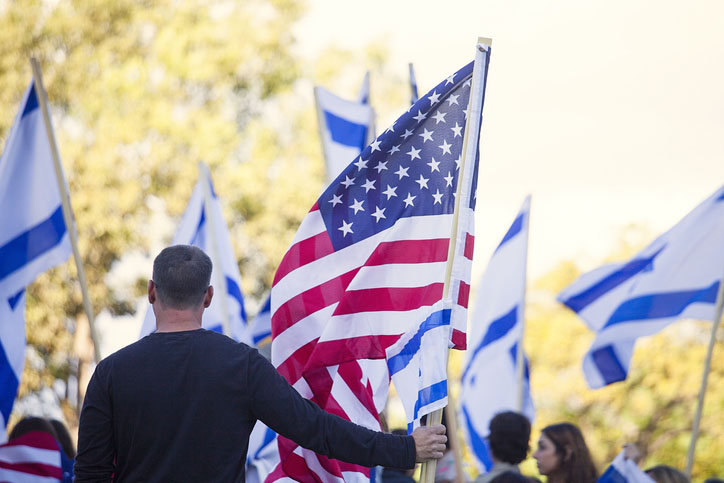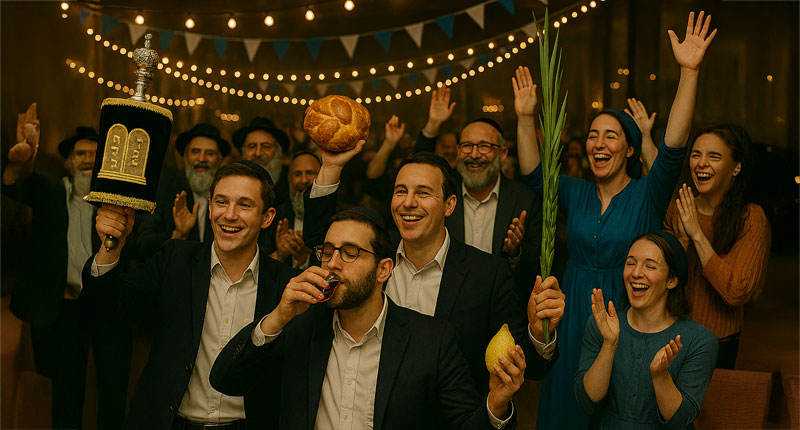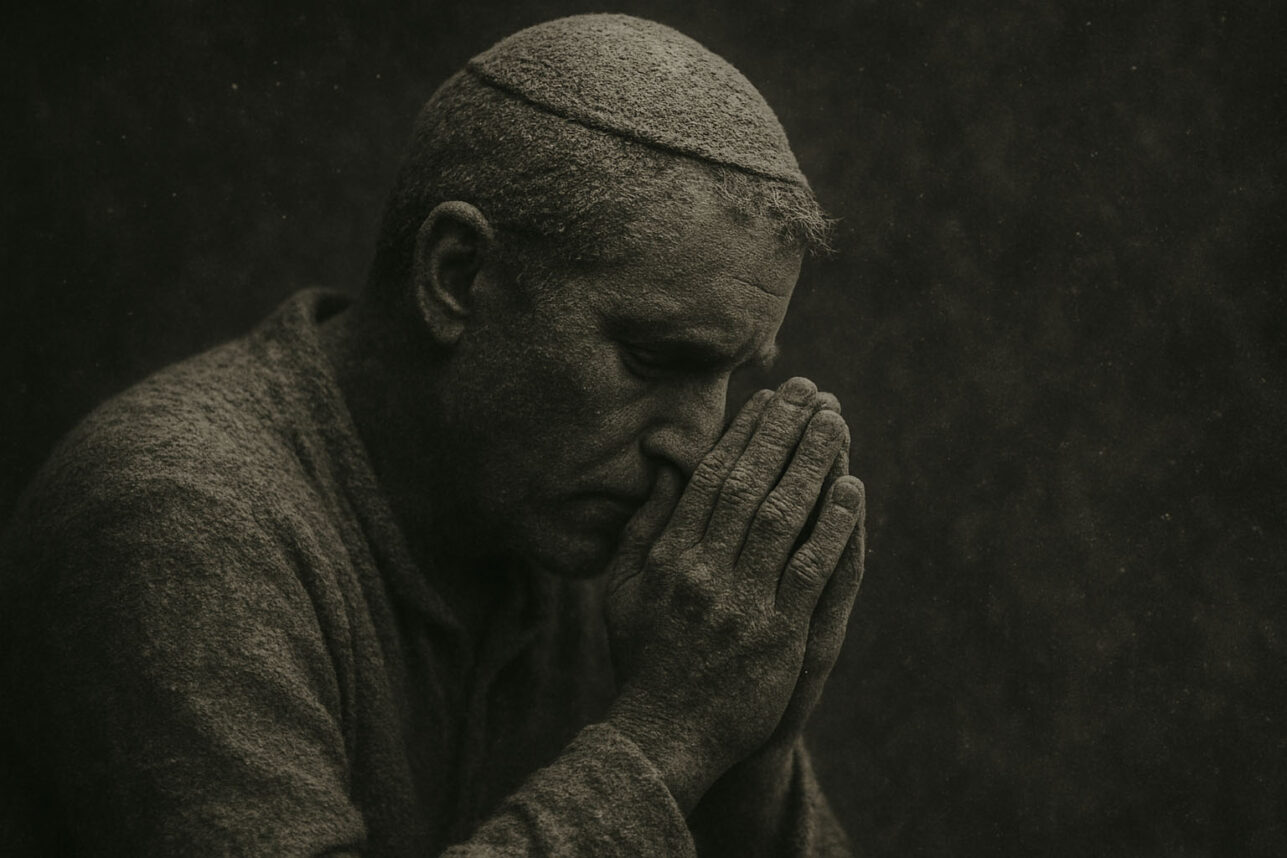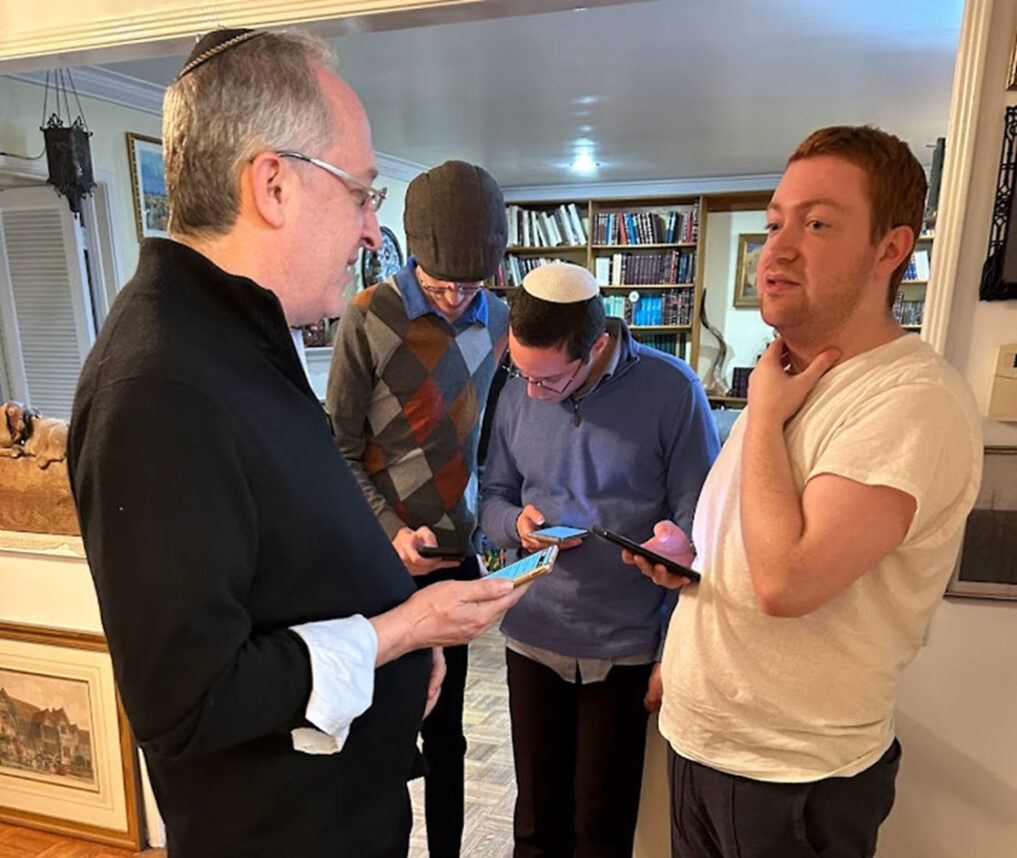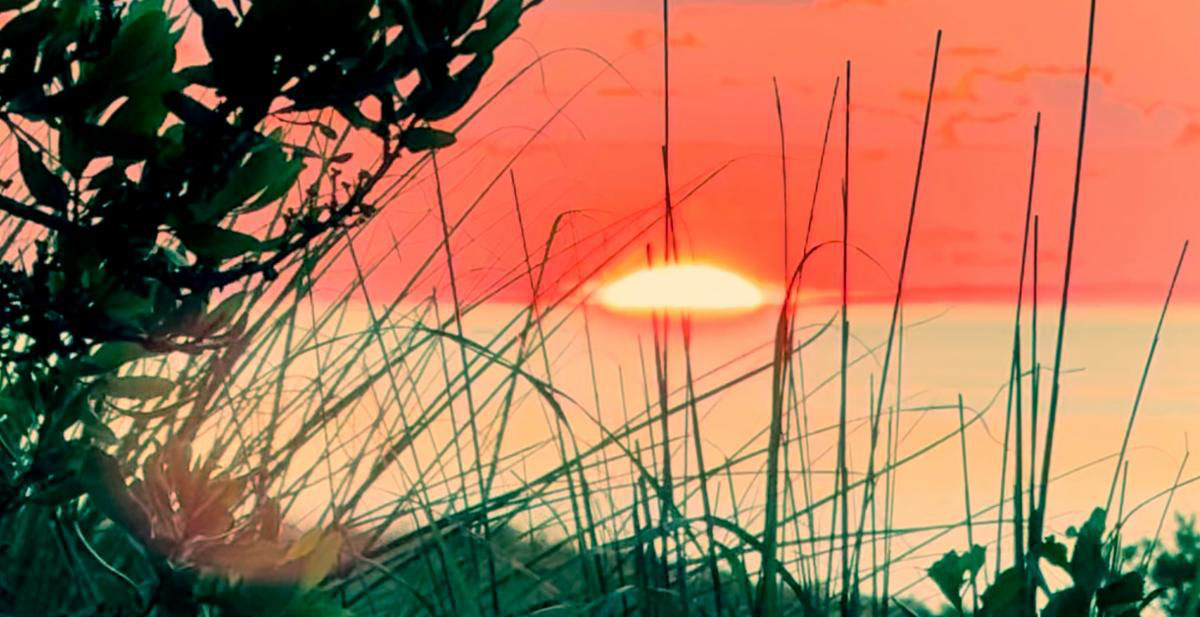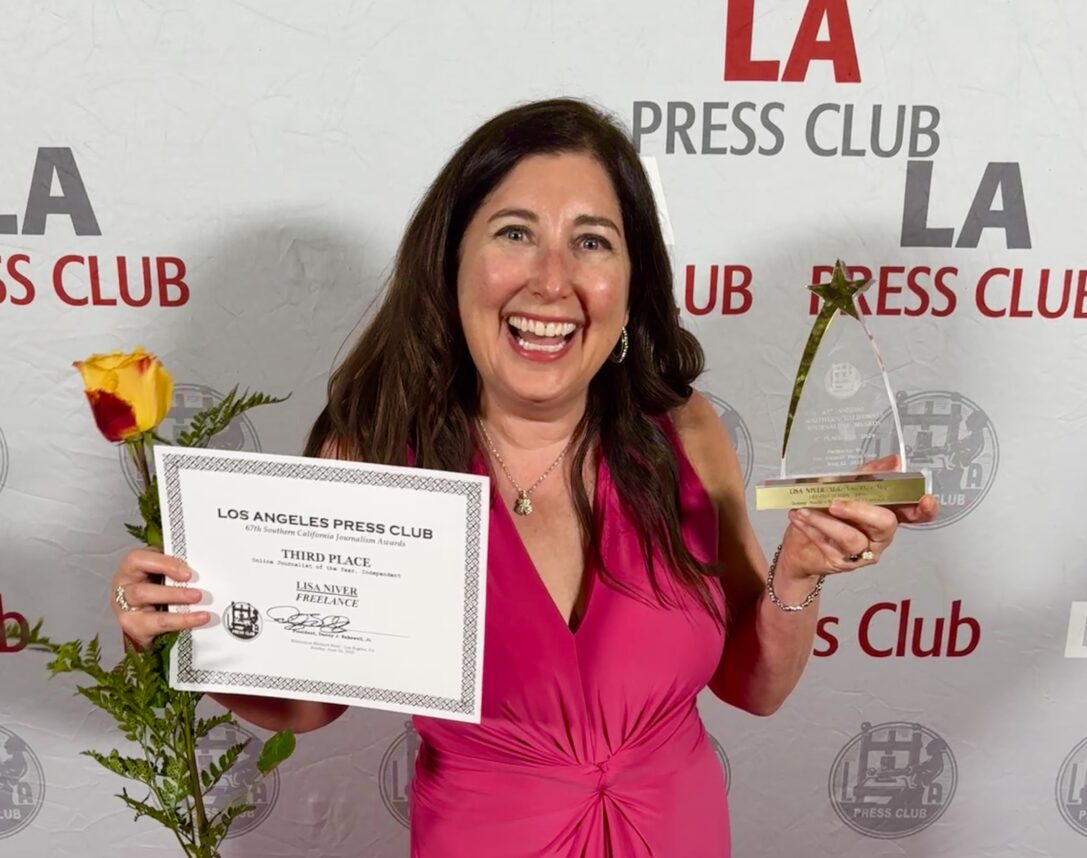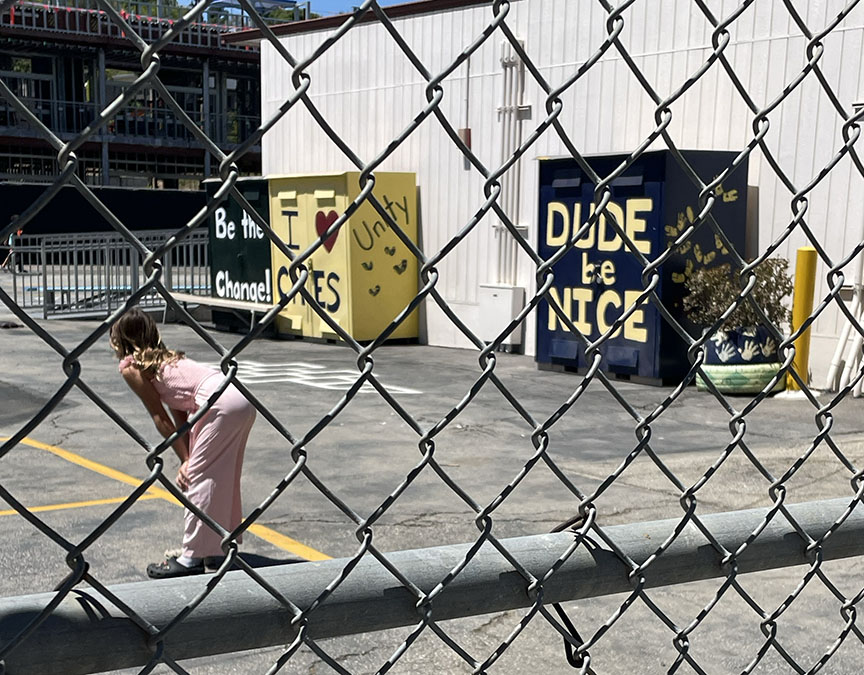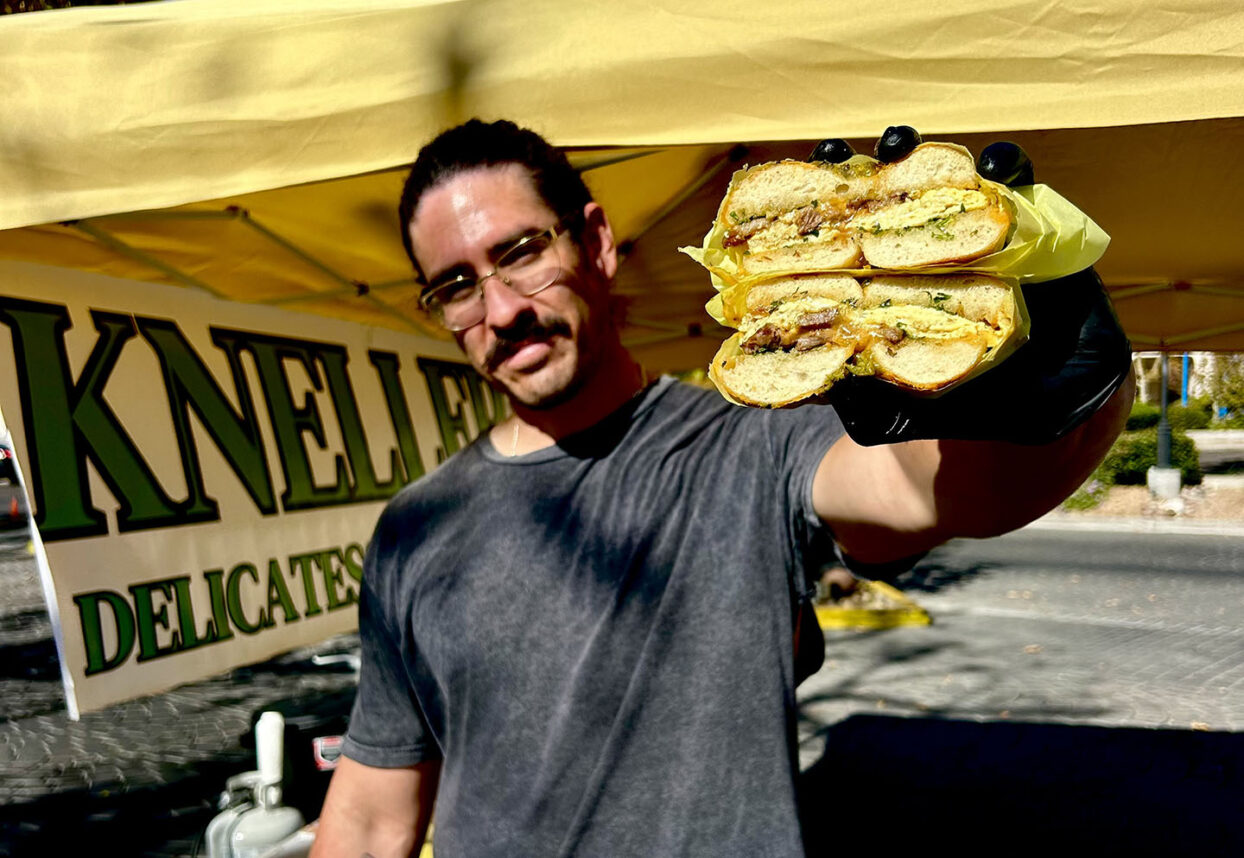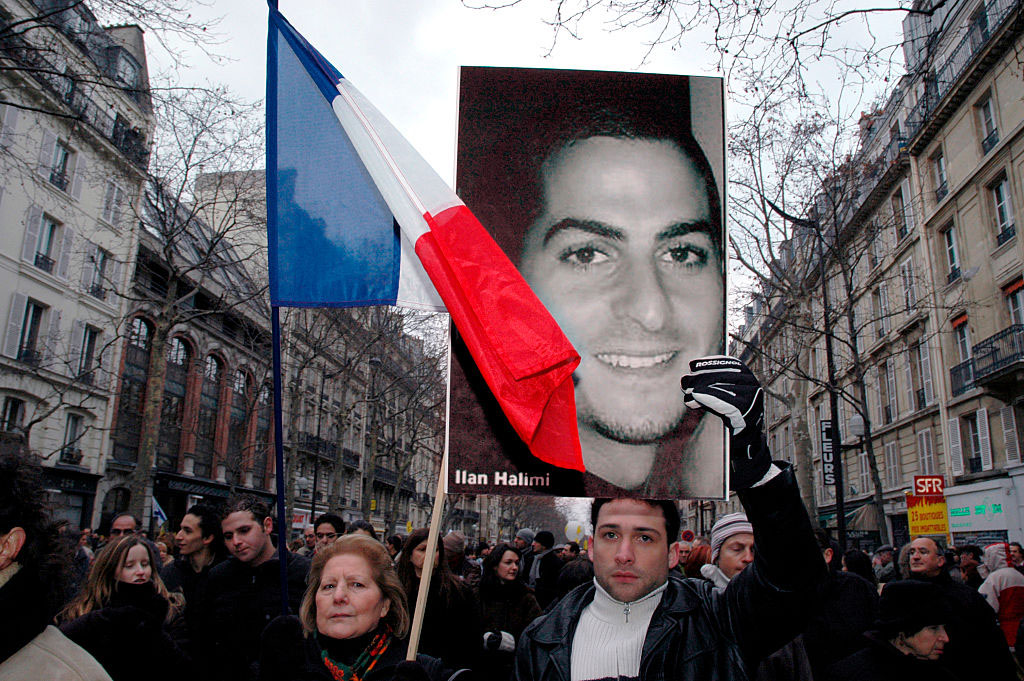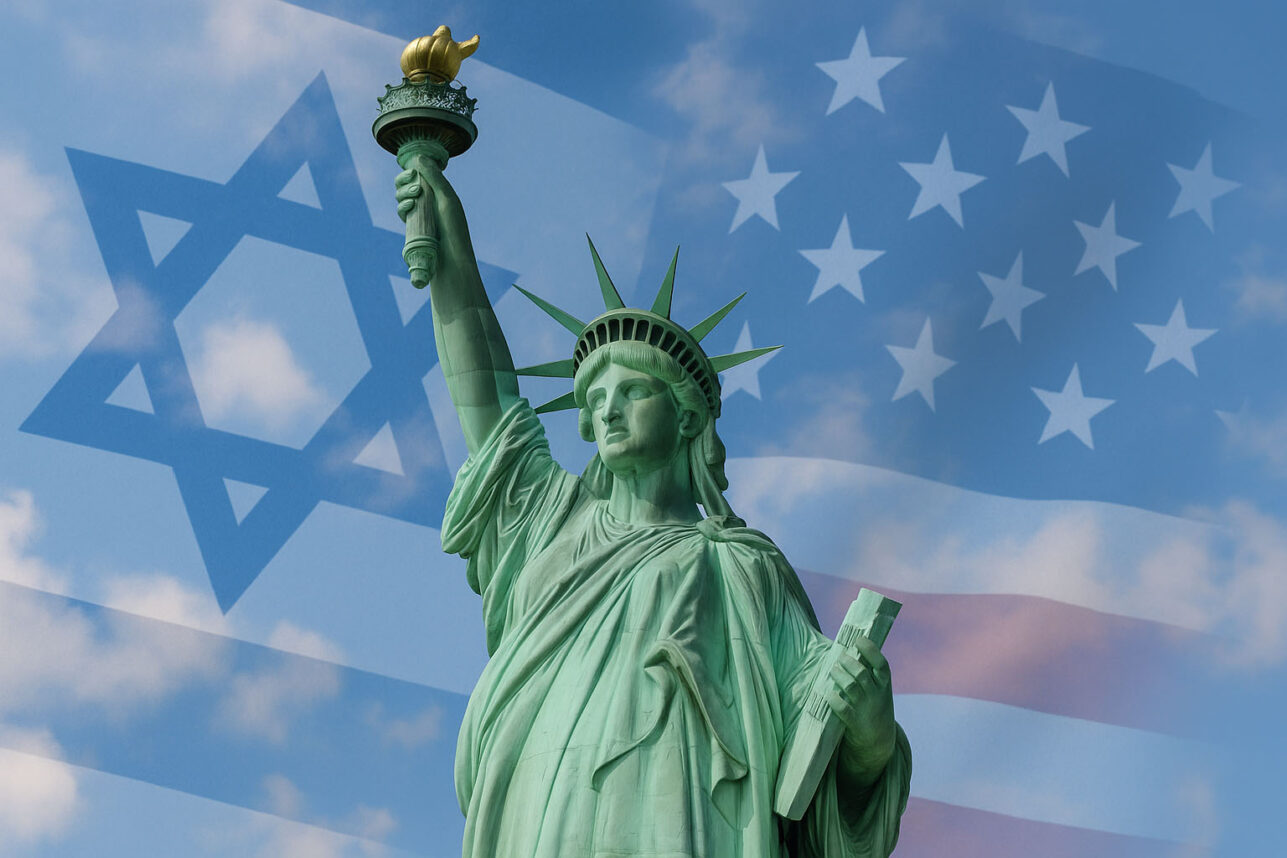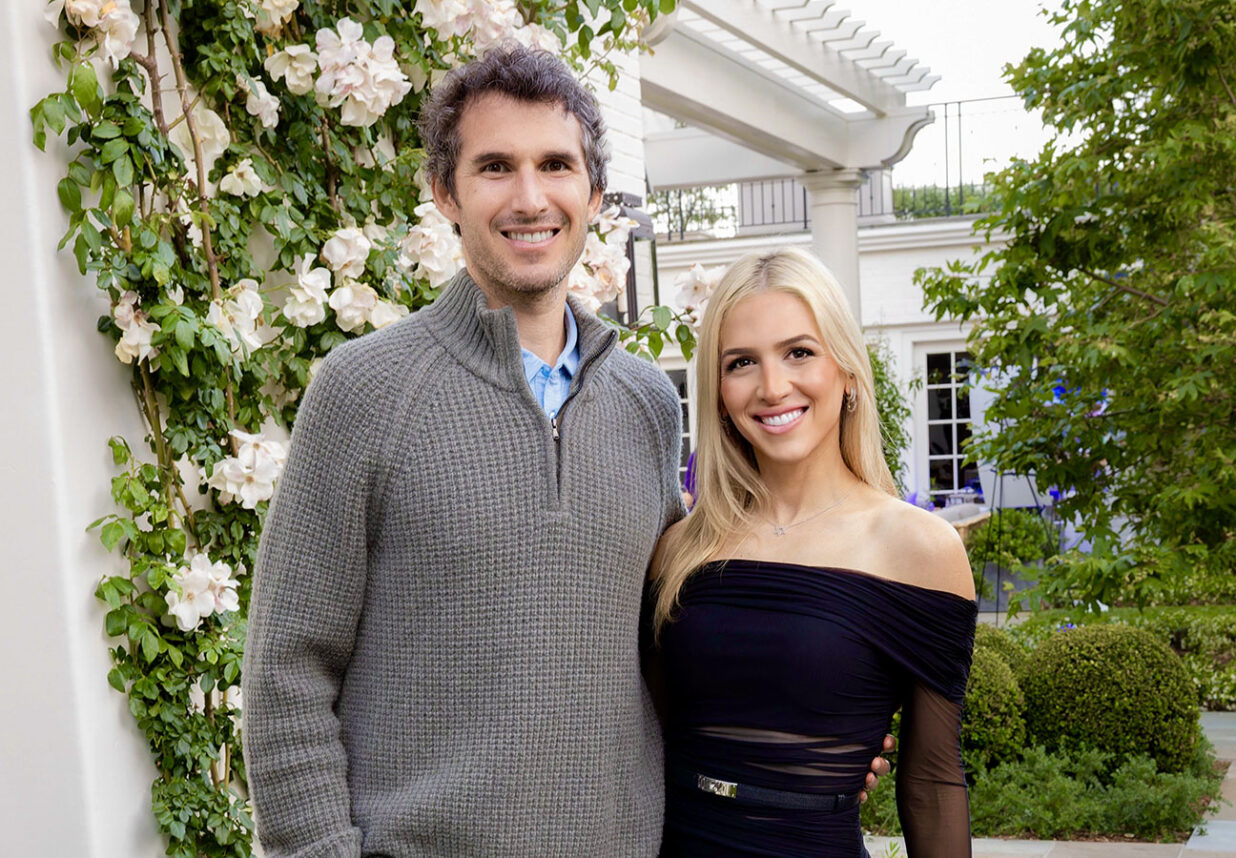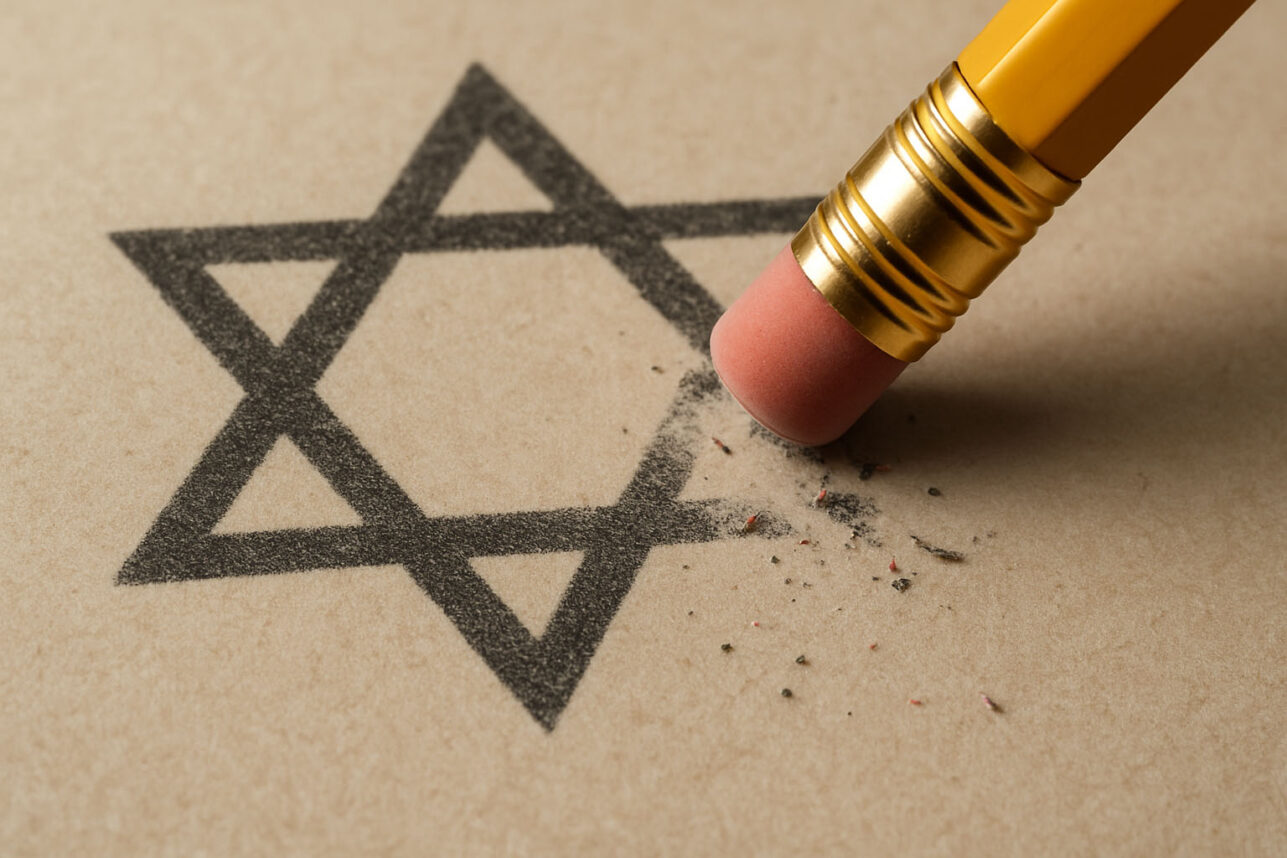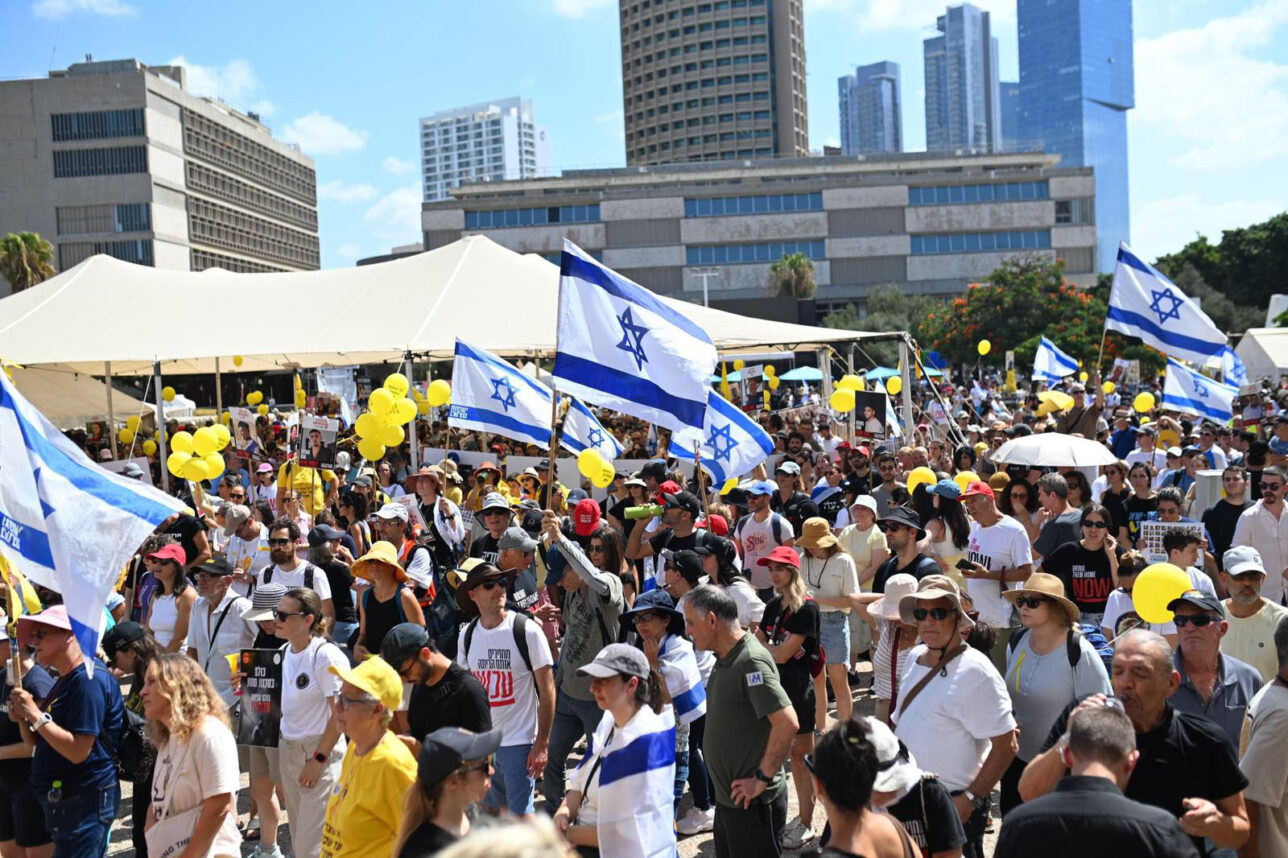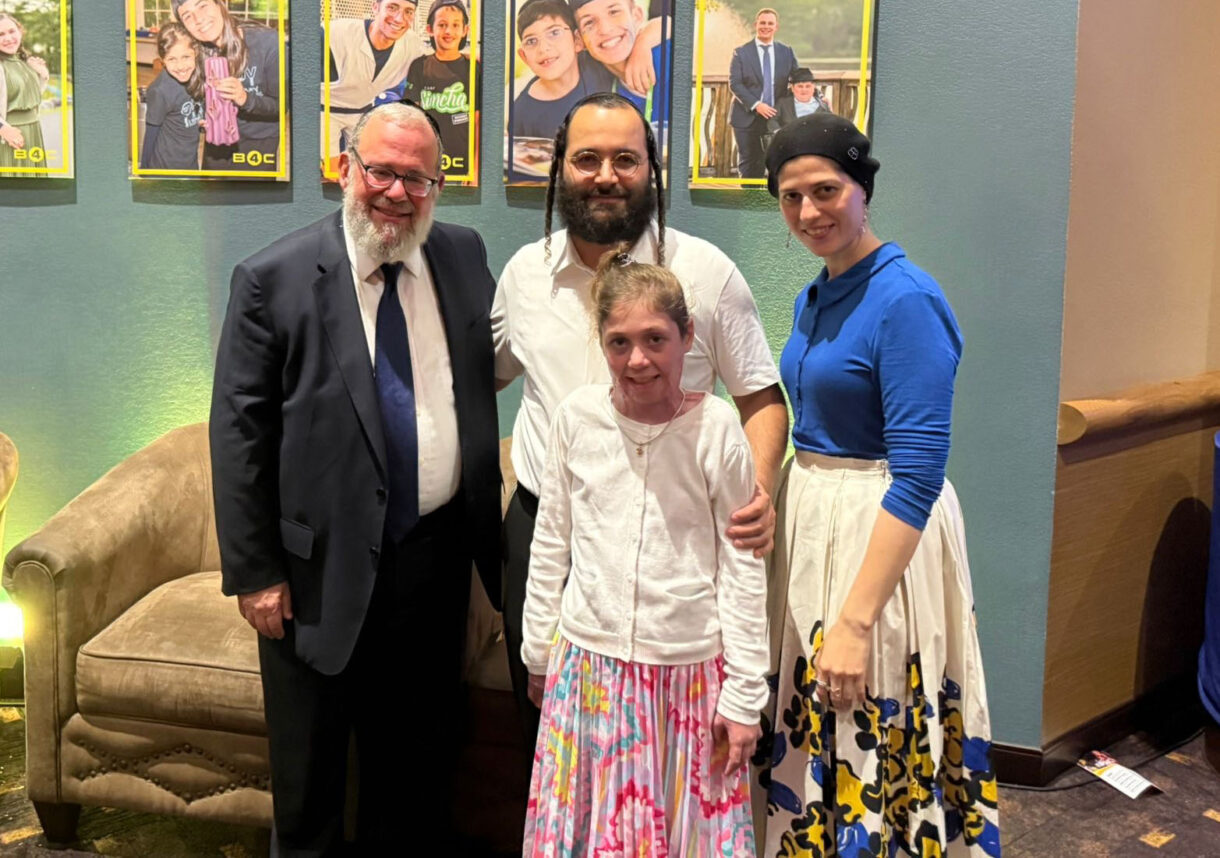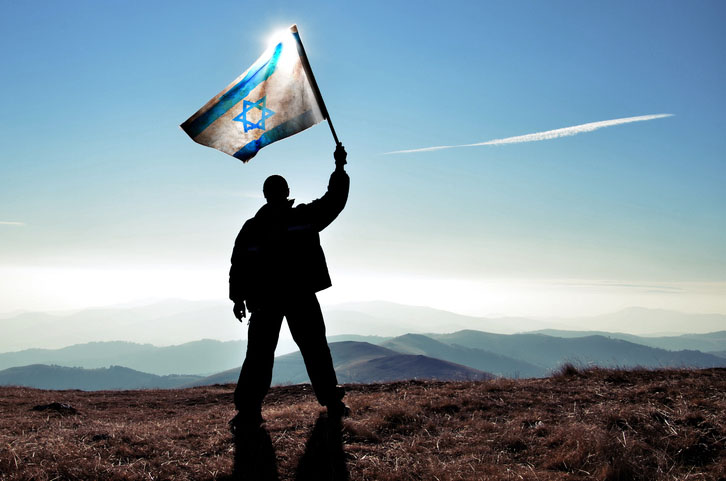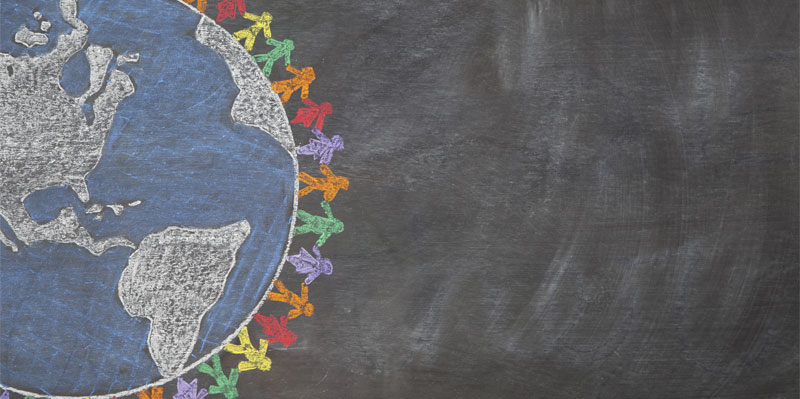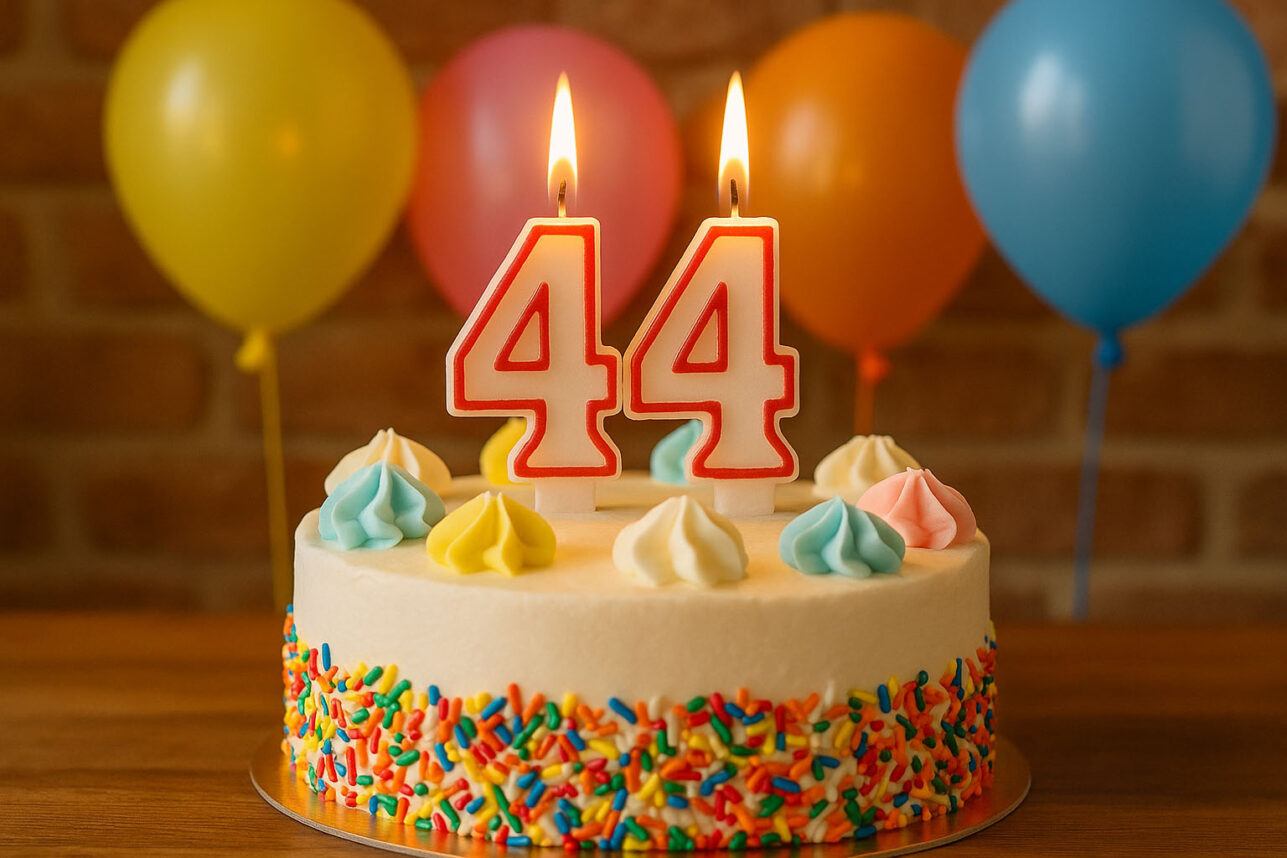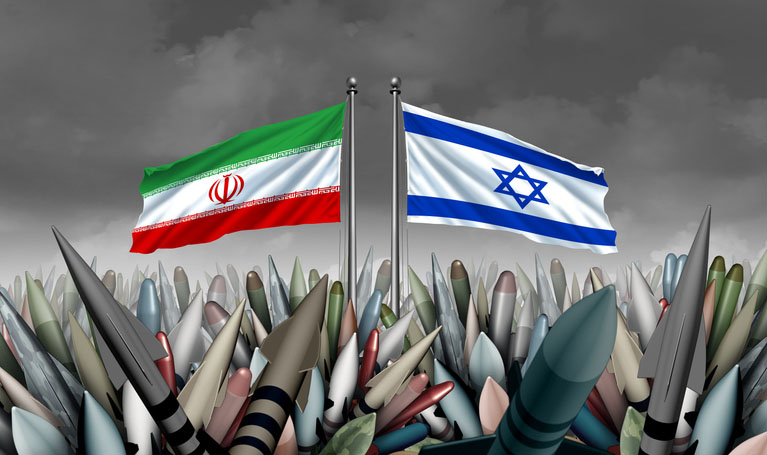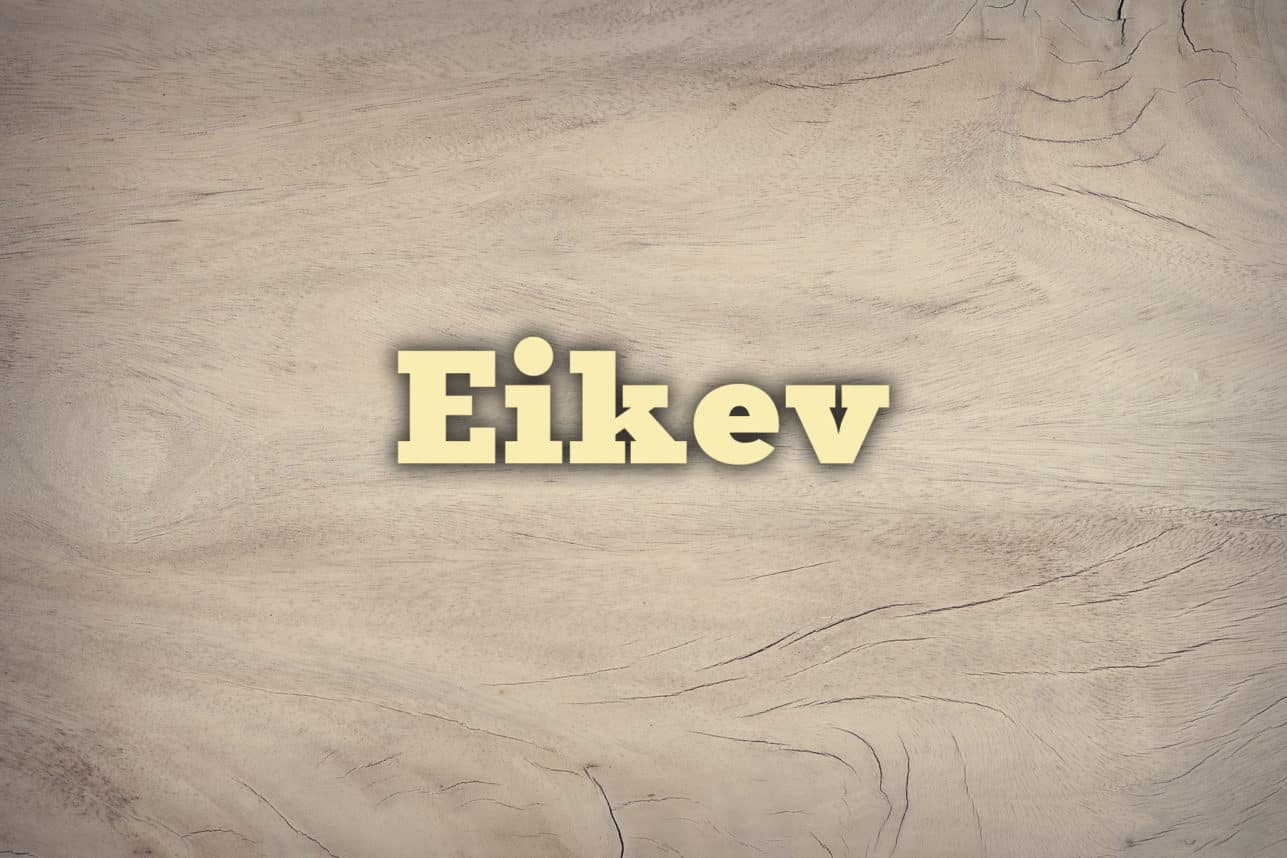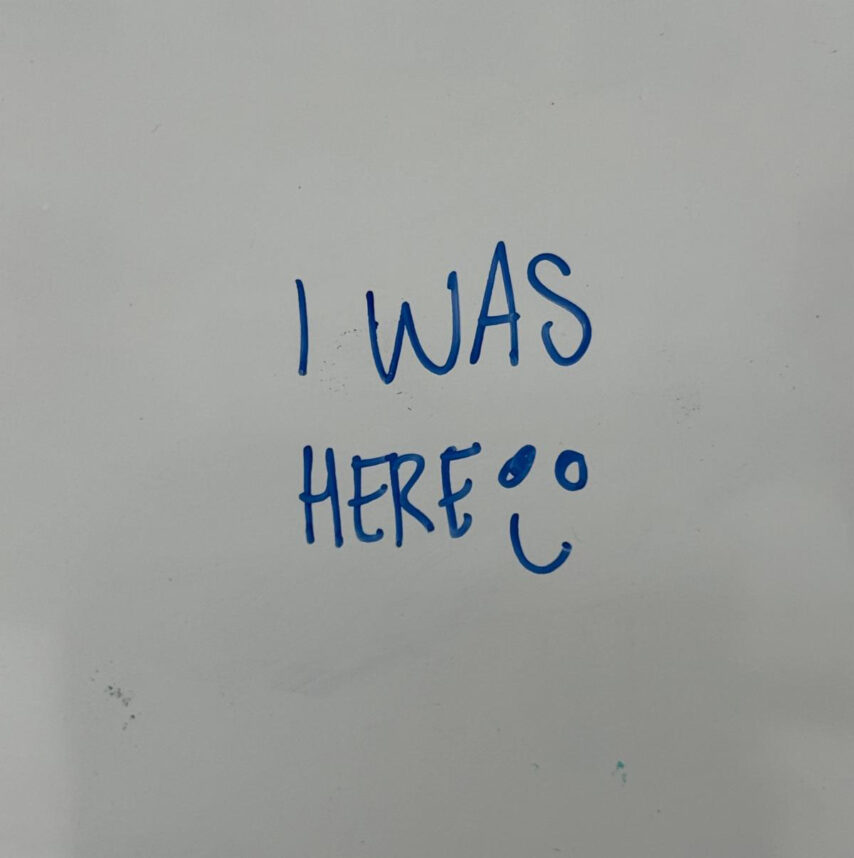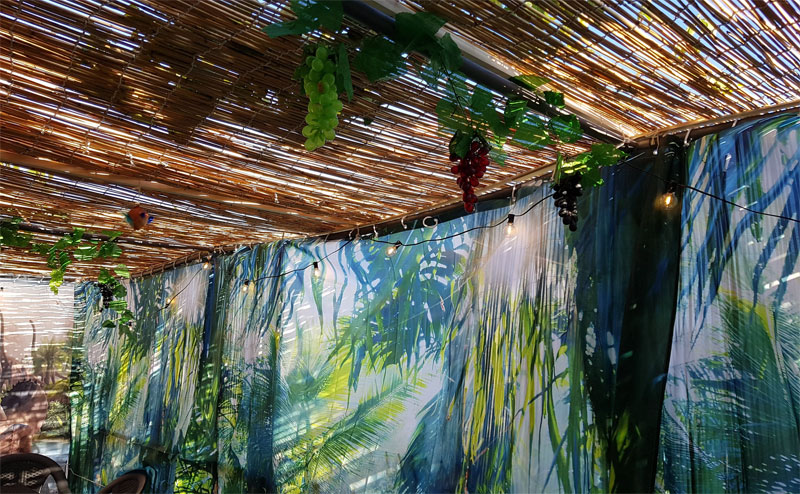
My backyard always seems like the perfect setting to build a sukkah. Mountain views surround on all sides; an ideal location that never fails to remind me of the beauty of the Galilee.
But there’s just one problem: Those perfect venues are also visible from two streets and the many curious onlookers that pass by each day. And as we found from erecting a sukkah at another rural property some years ago, some onlookers have misinformed opinions about Jews and Jewish holidays.
So, this year my husband and I considered building our sukkah away from public view. And given recent events, I suspect we’re not the only Jews considering doing so.
The anti-Israel protests that have roiled cities across North America have shaken all of us. It’s also made many Jews question how and even if they should publicly celebrate their Jewish traditions. Should we build a sukkah out in the open if others might assail our values or our traditions?
Of course, these aren’t new questions for Jewish communities, even for those who live in small, sleepy settlements like the one I live in. But they are questions that have been around for millennia.
The ancient rabbis recognized that sometimes outside factors will force us to weigh caution in the face of observing some age-old traditions, like lighting our menorah at Chanukah. Mishna Shabbat 21b, which lays out how one should celebrate the Jewish “Festival of Lights” states that “[it] is a mitzvah to place the Chanukah lamp at the entrance to one’s house on the outside, so that all can see it.”
But the Talmud also provides an alternative option for times of risk: “[In] a time of danger … [the Jew] places it on the table [inside] and that is sufficient to fulfill his obligation.”
Interestingly, when it comes to fulfilling the mitzvah of building and beautifying a sukkah that all can see from the street, the rabbis offer no similar alternative. Jews are commanded to construct and inhabit the sukkah during the week-long festival. The question of whether a uniquely Jewish holiday structure on your balcony or in your backyard could become a target for scorn from neighbors appears not to be a topic of concern for the rabbis, even for times of conflict, such as now.
I wonder if that may be because the sages considered the lights we kindle each Shabbat and each holiday among the most precious emblems of our existence as a community. Extinguish the visibility of this light and we lose faith that we are and can remain a community. It’s incumbent upon each one of us to protect its continuity.
There has been no better example of that thinking than the last year, when we learned that it is our very belief in community during moments of hardship, danger or doubt that ensures our existence. Within minutes of hearing the news of the attacks on Oct. 7, Israelis across the country headed for the kibbutzim and towns to help victims and search for those left unaccounted for.
Many risked — and lost — their lives for the safety of others. Meanwhile, Jews across the world searched for ways to provide aid. Thousands volunteered for jobs so reservists could head to the front. It’s our belief in community, our willingness to place our traditions and ethics above uncertainty that cements our existence as a people.
It’s our belief in community, our willingness to place our traditions and ethics above uncertainty that cements our existence as a people.
The sukkah we build and whose ancestral history we celebrate each harvest season serves as a temporary reminder of where we came from. But its yearly appearance is also a reminder of the importance of maintaining a link with our beliefs, even when our temporary residence is but a hut in the garden or makeshift room on an apartment balcony.
This Sukkot, as before, my husband and I will be erecting our sukkah in our garden where others can see and appreciate its peaceful symbolism. We’ll find a place perfectly suited where we can celebrate Jewish traditions, just as ancient Jews did years ago, and like Israelis, still at risk under the canopy of war and uncertainty, will continue to do as well.
Originally published in JNS. Jan Lee is an award-winning editorial writer and former news editor.








